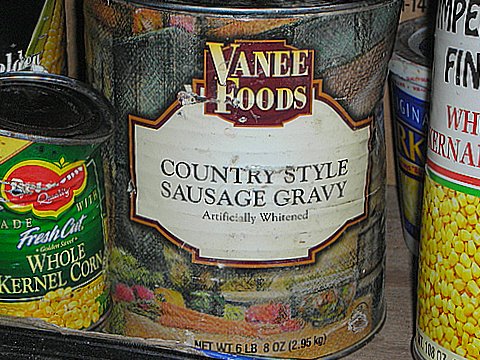though the article makes no specific mention of korea, it does address the philippines. a december assignment to manila sent seoulitary confinement's reporters right into the fray, to a town where fair skin begets celebrity and every bar of soap holds the promise of washing the dark away.


in korea, the war against melanin manifests in different ways, but is no less intense. whitening creams, 화이트닝 크림 (hwa-ee-tuh-ning kuh-reem), populate store shelves and pervade the beauty supply marketplace. a quick search through korea's web portal naver.com yields a plethora of ads for various creams, powders, and salves.
the results also include a link to a korea herald article: Beauty industry targets Asian women`s obsession with white skin
Cosmetics companies will have us believe that there is hope in a jar.
After spending millions on independent and commissioned research, major cosmetics brands woo customers each season with their latest and best-to-date products.
This season it is the Asian women`s fixation with flawless, "white" skin that the beauty industry is focusing on. International as well as domestic brands have developed "whitening" or "brightening" products that claim to make the complexion as pure as snow.
at the dongdaemun (east gate) market, the artificial whitening trend has reached the height of absurdity.

No comments:
Post a Comment